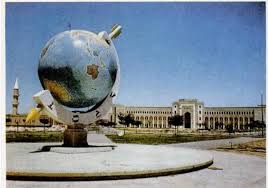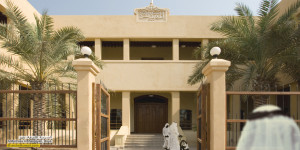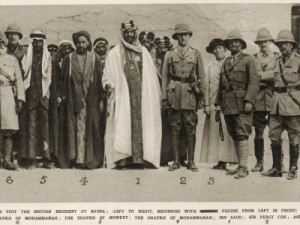“One of the reasons this episode is deeply confusing might be because the “vibe” in Iran, the general feeling of walking down the streets, through the markets, the way we were received everywhere by total strangers and passersby, was overwhelmingly friendly. I have said that Iran is the most outgoingly warm, “pro-American” place we’ve ever shot—and that’s true: in Tehran, in spite of the fact that you are standing in front of a giant, snarling mural that reads “DEATH TO AMERICA!”, you will, we found, usually be treated better by strangers—meaning smiles, offers of assistance, curious attempts to engage in limited English, greetings and expressions of general good will—than anywhere in Western Europe, It would be hard to imagine strangers in Germany or France or England, on recognizing you as American, giving you a thumbs-up and a smile simply for your nationality. That was overwhelmingly the case in Iran…………”
This is a love-hate relationship: more love on the popular level, more hate on the political level. I have seen it in the Middle East and even among some Iranians in America. Many Iranians dislike American foreign policies in the region. They especially hate the unilateral economic blockade that they correctly believe Israeli leaders and their American political allies have pressured and browbeat Mr. Obama into imposing on their country.
Many mullahs and hardliners also naturally suspect and fear an opening to America. After all, they see how China has changed under Chairman Mao’s heirs so that it is now a “people’s republic” and “communist” only in name. Can the “Islamic Republic” be far behind? Probably not: many people in Iranian cities hope so. It is already changing profoundly from the inside.
Iran still probably has the most pro-American people in the whole Middle East. Many Iranians have relations, family ties, among the huge Iranian-American diaspora. They are also a relatively young population reacting to an orthodoxy their government has tried to impose on them, with waning success. They welcome mainstream American journalists who often visit, then go back home and declare their undying support for the economic blockade. (No surprise there: few if any would dare declaring against the sanctions and keep their jobs with the New York Times or Washington Post). Talking on a popular level, not on a government level: most mullahs and Revolutionary Guards are hardly pro-anything American and the U.S. Knesset Congress is violently anti-Iranian.
It is different from the Israelis that media propaganda here routinely picture as the most pro-American. Maybe they mean some shared ‘Western’ political and social values, and in many cases shared citizenship. Maybe the Mossad and the CIA and the military have some close cooperation, maybe, but that is government. The Israeli ties also reflect a degree of dependence, what many Muslims see as a one-way street that is often shaped by domestic American politics.
Nor do many others in the region feel friendly toward American policies. After all, the biggest attacks on the American homeland were planned and executed mainly by terrorists from two major allied Middle East countries. No doubt more are being planned and thwarted even now.
Cheers
Mohammed Haider Ghuloum





